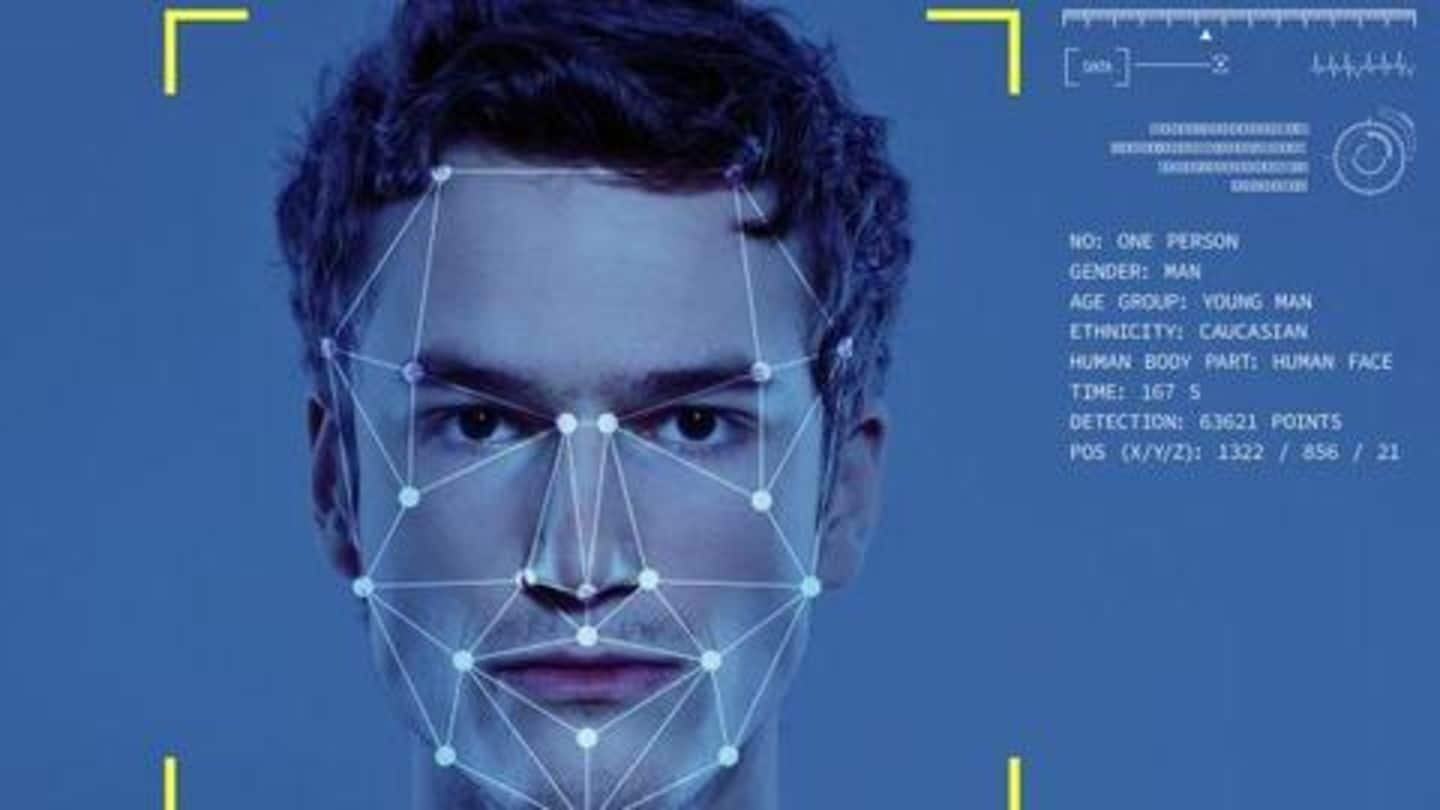
Google contractors were asked to LIE to collect facial scans
What's the story
A few months ago, Google was reported to be paying $5 cards for collecting facial scans of people. The tech giant had claimed that the data was gathered with proper consent for training Pixel 4's face-scanning capabilities. Now, a new report has revealed that the company had told its contractors to lie (if need be) to get the facial scans. Here's all about it.
Collection
What kind of data Google collected, and why?
Google had scanned public faces in July as part of a 'field research' aimed at collecting information ranging from "infrared response to how they picked up the phone from the table". It had said the scans would train Pixel 4's facial recognition system to work seamlessly and recognize a diverse set of faces without bias.
Revelation
Shocking revelation from those who collected facial data
While Google's statement released in July claimed they had collected data with the proper consent of the subjects, a New York Daily News report suggests otherwise. The outlet spoke to the contractors who got this data for the company and found they were trained to persuade people into giving away their facial scans by being pushy and lying about what was going on.
Information
They were asked to pursue 'darker skin tones'
Notably, the contractors, who came from an employment firm called Randstad, were also mandated to pursue subjects with 'darker skin tones', particularly homeless people and college students. It was believed they'd be willing to give their face scans for $5 Starbucks gift cards.
Response
Google says it is investigating these claims
The News report is built on the contractors' claims by citing people who participated in the project but they said they had no clarity on what was going on or where the data was going. Google, on the other hand, hasn't addressed the case, saying that it is investigating the claim that 'dubious' tactics were employed to gather the data.
Deletion
Either way, all data will be deleted after 18 months
Though this report raises concerns over Google's data handling, it is important to note that the company had already said this data would be deleted after 18 months or participants can request the same. It had also claimed the face scans have been encrypted and linked with an abstract ID, one that is not associated with Google accounts or email IDs of the participants.